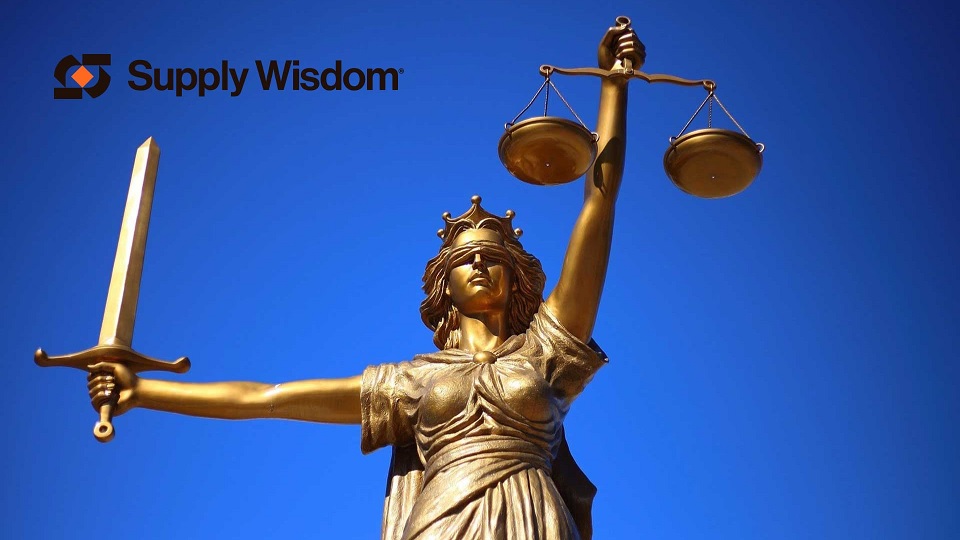
Class action lawsuits have become a significant concern for businesses across industries. These legal actions allow large groups to join and sue a company for alleged wrongdoing. The number and size of class action settlements have grown significantly in recent years.
Companies paid over $51 billion in class action settlements in 2023, down from a record $66 billion in 2022. This trend shows the massive financial impact these lawsuits can have on businesses. Even when settlements are lower than in previous years, they still represent huge company costs.
Class actions affect many parts of a business. They can damage a company’s reputation, lead to costly legal fees, and force changes to business practices. Some industries face higher risks of class action lawsuits than others. Areas like employment, consumer protection, and product liability see many of these cases. As a result, businesses must stay alert to potential legal issues and work to reduce their risks.
Pogust Goodhead is a prominent law firm specializing in class action lawsuits. The firm has been at the forefront of many high-profile cases. It has represented clients in various industries, including consumer protection, environmental litigation, and product liability. Pogust Goodhead’s success in securing significant settlements and verdicts has made it formidable in the class action landscape.
Legal Framework and Class Certification
Class action lawsuits involve complex legal procedures and requirements. Courts must certify a case as a class action before it can proceed. This process aims to ensure fairness and efficiency in handling large-scale claims.
Regulatory Environment and Legal System
The U.S. legal system provides rules for class actions through the Federal Rule of Civil Procedure 23. This rule sets standards for certification and management of class actions. State courts often have similar laws.
Key requirements include:
- Numerosity: The class must be so large that individual suits are impractical
- Commonality: Class members must share common legal or factual questions
- Typicality: The claims of class representatives must be typical of the class
- Adequacy: Representatives must fairly protect class interests
Courts carefully review these factors before allowing a case to move forward as a class action.
Class Action Mechanisms and Court Decisions
The Supreme Court has shaped class action practice through several key rulings. These decisions affect how courts apply certification standards.
Recent trends include:
- Stricter scrutiny of commonality requirements
- Higher bars for proving damages on a classwide basis
- Increased focus on conflicts within proposed classes
Courts now often require stronger evidence at the certification stage. This can make it harder for plaintiffs to get class actions certified.
Class certification is a critical phase in class action litigation. A denied certification can effectively end a case. Businesses facing potential class actions must understand these legal frameworks to develop effective defense strategies.
Economic and Social Consequences of Class Actions
Class action lawsuits can have major effects on businesses and industries. These cases often lead to big changes in how companies work and how people see them.
Impact on Business Operations and Market Share
Class actions can hurt a company’s finances. Big settlements may cost millions or even billions of dollars. This can force businesses to change how they work. They might have to make new rules or change their products.
Companies may lose customers due to class actions. People might stop buying from them. This can shrink their market share. Rivals may grab these lost customers.
Legal fees for class actions are very high. Businesses often spend a lot to defend themselves. This money could have been used for other things like new products or hiring.
Reputational Effects and Stakeholder Confidence
Class actions can damage a company’s good name. News about the lawsuit might spread fast, decreasing people’s trust in the business.
Investors may worry about companies facing class actions. They might sell their shares, lowering stock prices, which makes it harder for the company to raise money.
Workers may feel less sure about their jobs if their employer faces a big lawsuit. They might look for new jobs. This can hurt the company’s ability to keep skilled staff.
Media coverage of class actions can shape public opinion. Negative stories can stick in people’s minds for a long time. This can affect sales and partnerships.





